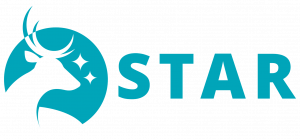Projects
Ongoing projects
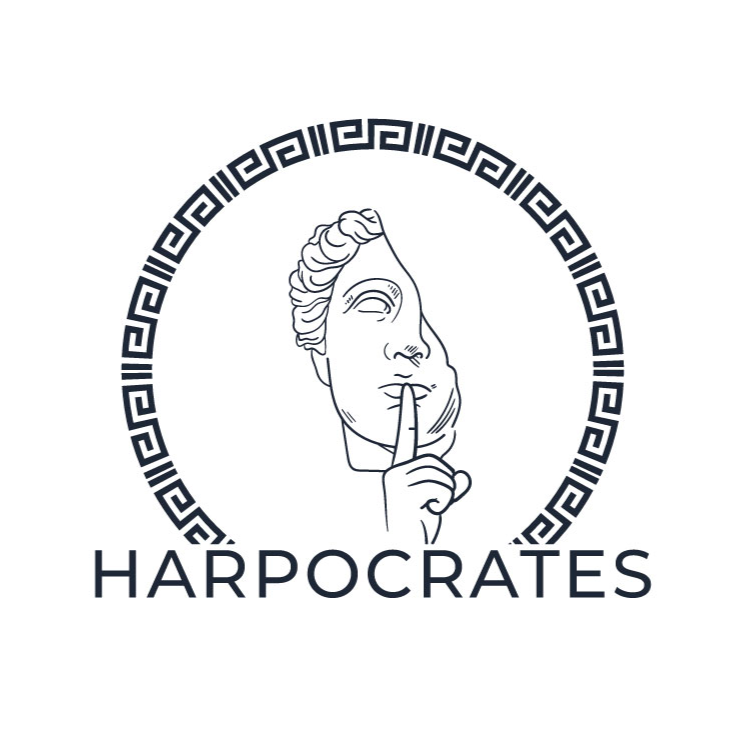
HARPOCRATES
Federal Data Sharing and Analysis for Social Utility
HARPOCRATES focuses on setting the foundations of digitally blind evaluation systems that will, by design, eliminate proxies such as geography, gender, race, and others and eventually have a tangible impact on building fairer, democratic, and unbiased societies. To do so, we plan to design several practical cryptographic schemes (Functional Encryption and Hybrid Homomorphic Encryption) for analyzing data in a privacy-preserving way. Besides processing statistical data in a privacy-preserving way, we also aim to enable a richer, more balanced, and comprehensive approach where data analytics and cryptography go hand in hand with a shift towards increased privacy.

TITAN
Trusted envIronments for confidenTiAl computiNg and secure data sharing
TITAN will enrich the European Open Science Cloud (EOSC) Interoperability Framework (IF) with a software platform solution for confidential data collaboration and secure and privacy-preserving data processing. The platform will enable access to sensitive data sets from public entities and government agencies and will be compatible by design with the EOSC IF on the technical, semantic, organizational, and legal layers. To promote community adoption of TITAN’s open-source software artefacts, the solution will be practically demonstrated in several vertical cross-border scenarios – notably in the public administration and healthcare sectors.
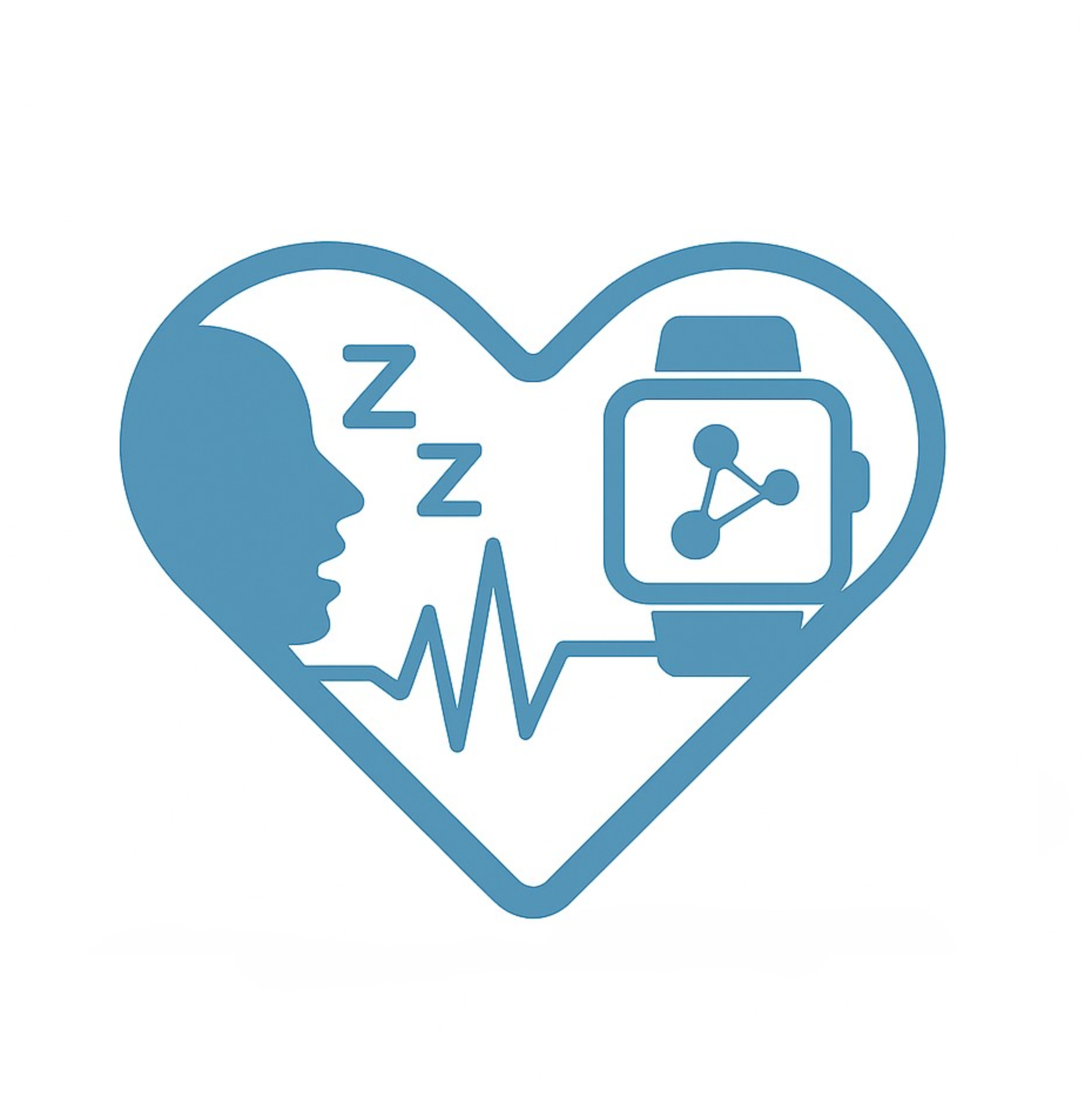
Finnish Sleep Cohort
10-year follow-up of initially healthy and sleep apnea patients to determine the time of onset in the past and predict the progression of the disease in the future
We will start a globally unique and large prospective follow-up study of initially healthy subjects and obstructive sleep apnea (OSA) patients. We will develop revolutionary clinical methods to determine the time after the onset of OSA, predict its progression, and define how well OSA treatment restores normal sleep. The project will be conducted at the University of Eastern Finland. We aim to recruit all persons aged 30-34 from the North Savo (Finland) region. Healthy subjects will be followed for 10 years, and OSA patients and treatment efficacy for 3 years, with repeated home and in-lab measurements. The collected dataset (Finnish Sleep Cohort) will be released in open access and combined with the Biobank of Eastern Finland. The results will lead to scientific breakthroughs by providing methods to estimate how long the patient has suffered from OSA before diagnosis, as well as the prediction of OSA progression and treatment efficiency, enabling early treatment and lifestyle interventions.
Past projects

Sleep Revolution
Revolution of sleep diagnostics and personalized health care based on digital diagnostics and therapeutics with health data integration
The Sleep Revolution aims to develop machine learning techniques to better estimate OSA severity and treatment needs to improve health outcomes and quality of life. These techniques are implemented to high-end wearables developed in this project to alleviate the costs and increase the availability of PSGs. Finally, we aim to design a digital platform that functions as a bridge between researchers, patients and healthcare professionals.

NordSleep
Novel wearable sensors and machine learning solutions for personalized diagnostics and treatment of sleep apnea
NordSleep introduces novel diagnostic approaches for sleep apnea utilizing minimally sleep-disturbing wearable sensors and state-of-the-art artificial intelligence and machine learning solutions. This responds to the growing pressure to move most sleep studies from sleep lab to home and to reduce the workload and costs related to manual analysis of nocturnal sleep recordings. We aim to develop new metrics that correlate better with the disease severity, related daytime symptoms, and risk of severe health consequences than the currently used diagnostic parameters. Wearable sleep monitoring systems and sophisticated artificial intelligence based solutions could open global scalable business potential for industry partners operating at medical device sector as well as for health centers and sleep clinics by offering telemedicine sleep diagnostic and treatment follow-up services.

SmartSleep Lab
RDI & Teaching environment for next-generation medical devices, softwares and services – open science-based health data for regional growth
This project aims to implement an open science based RDI environment (SmartSleep Lab) that fulfills national and international quality and safety requirements and is suitable for measuring sleep quality, various physiological signals, and vigilance under standardized conditions. SmartSleep Lab will be employed for the development, testing, and validation of various healthcare technologies in conformity with medical device standards and medical approval processes as well as employed for academic-level education. The project aims to enhance collaboration between local health-themed projects, organizations (Savonia, VTT, KUH, UEF), and companies in the Kuopio area and is strongly linked to the Kuopio Health innovation ecosystem and Kuopio Living Lab concept.
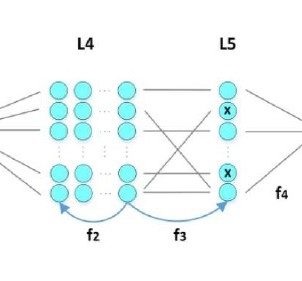
AI4Sleep
New Enhanced and Individualized Diagnostic Paradigm for Obstructive Sleep Apnea
AI4Sleep introduces groundbreaking diagnostic tools for OSA using state-of-the-art machine learning solutions. These tools will reflect better the risk of severe health consequences than current diagnostic metrics. Machine learning solutions can identify such features from polysomnographic signals that could be used as novel biomarkers to personalize OSA subtypes and severity. The outcomes can revolutionize the diagnostics and treatment of OSA having a significant positive impact on patients’ health and socio-economy.
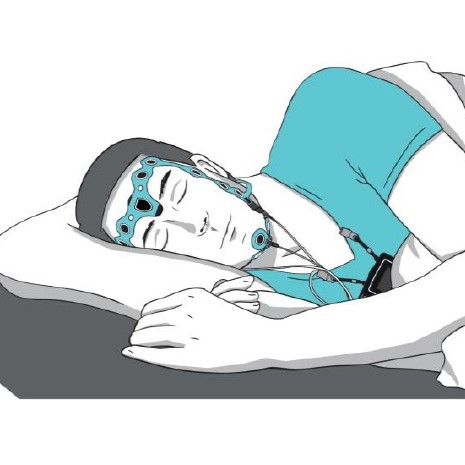
OSA Diagnostics
Towards enhances and individualized diagnostics of obstructive sleep apnea with wearable sensors and sophisticated computational parameters
This research project introduces a simple diagnostic method for OSA utilizing minimally sleep-disturbing wearable sensors, automatic analysis tools and new diagnostic parameters. This responses a growing pressure to move most sleep studies from sleep lab to home. Innovative computational parameters that take into account the severity of individual obstruction events and enhance the estimation of OSA severity are introduced. The outcomes of this project can lead to a paradigm shift in the diagnostics of OSA. Wearable sleep monitoring systems and sophisticated analysis algorithms open global business potential for industry partners operating at the medical device sector as well as for health centers, and sleep clinics by offering telemedicine sleep diagnostic services.
